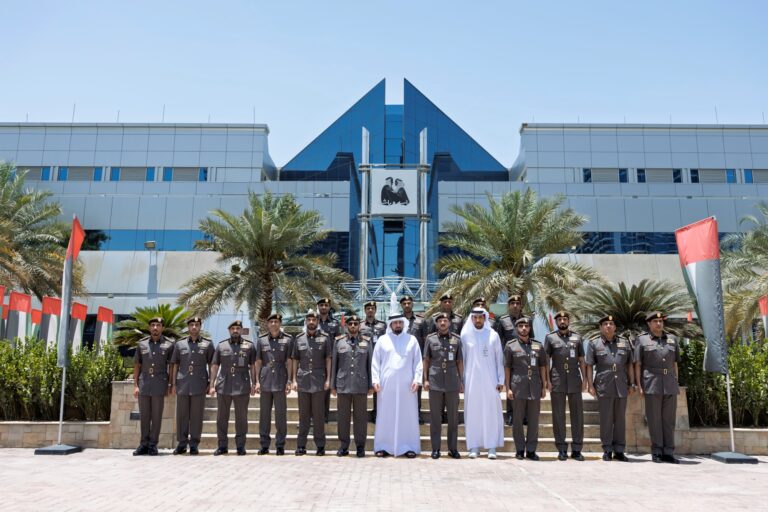- Manila chef JP Anglo introduces contemporary take on Philippine culinary traditions
- His Kooya restaurant in Dubai follows increased recognition of Filipino native food
MANILA: The hospitality of Filipinos is well recognized across the Middle East, which millions of them have over decades called home, but their rich cuisine remains largely unknown. A celebrity chef is now trying to change it.
Some 700,000 Filipinos are employed in the UAE, more than half of them in Dubai. Their large presence has given birth to outlets offering the homesick, mostly working-class diaspora a taste of home with kamayan feasts — eating with hands — at places with nostalgic names such as Kusina ni Nanay, or Mother’s Kitchen. Few of these places, however, will see guests other than Filipinos themselves.
When Filipino chef JP Anglo and his wife Camille opened their restaurant in the posh Marina Promenade, it was different from the usual establishments that dotted residential neighborhoods.
“Dubai is a melting pot of cultures. It is progressive and modern while still having room to grow. We were so surprised that there were so many Filipinos in Dubai and not many Filipino restaurants that offered purely Filipino food,” Anglo told Arab News.
The name of his Kooya Filipino Eatery also has a nostalgic vibe, with kooya being a wordplay on kuya — the Filipino term for older brother — but its menu tries to elevate the flavors of standard homestyle and street food to build on the diverse culinary traditions of dozens of ethnic groups found throughout the Philippine archipelago.
“We’re here to show the people that Filipino food is more than just carinderias (roadside eateries), fast food and the stigma that Fear Factor has created,” Anglo said, referring to the US reality show that two decades ago introduced to a worldwide audience the Filipino delicacy balut — duck egg with a developing embryo — as one of the most disgusting and terrifying snacks.
A graduate of Le Cordon Bleu and a former Philippine Masterchef judge, Anglo enjoys rock star status at home and is a fixture on the Philippine culinary scene with his popular Sarsa restaurant in Makati.
But when Kooya opened in 2022, it received mixed feedback from Filipinos who thought its fare was too expensive.
“(It) frustrates me why a lot of us tend to look down on our food so much. It’s like Filipino food should only be cheap while it’s okay for Italian, American and Japanese food to be expensive,” Anglo said, but added that on the other end of the spectrum were those who “would always tell us: ‘Finally, there’s a restaurant where we can proudly tell others that this is what Filipino food is’.”
One of them was Lora Gregorio, a restaurant manager in Dubai, who told Arab News that she had tried Kooya because she was curious what it could offer to the city’s dining scene.
An upscale place, Kooya gave her a “modern reinterpretation of Filipino culture” which still aptly represented Filipino identity.
“The place shows a lot of what the Filipino is. It’s welcoming and homey, you can come as you are, you are greeted by hospitable people, and it allows us to connect with others through food,” she said.
To Fosca Garcia, an entrepreneur and another Kooya diner, the establishment “represents the global Filipino — edgy and modern, but with traditional roots.”
Anglo estimates that about 70 percent of Kooya’s diners are Filipinos, but he hopes to diversify his customer base soon, as the restaurant’s foray coincides with a reckoning of Filipino cuisine worldwide, that, for decades, was kept to diasporic homes in favor of assimilation with their host countries.
With second-generation Filipino immigrants in countries like the US winning culinary awards, Anglo believes this is the start of the Philippine cuisine gaining mainstream recognition worldwide.
“It’s definitely our time to shine, I think. There are so many Filipinos who’ve migrated to other countries with better opportunities and so this opens doors for Filipino chefs to flex their cuisine,” he said.
“Hopefully, in the future, people all over the world will know what a palabok (Filipino rice noodle dish) is just as they would know what a pad thai, spaghetti and pho are.”











